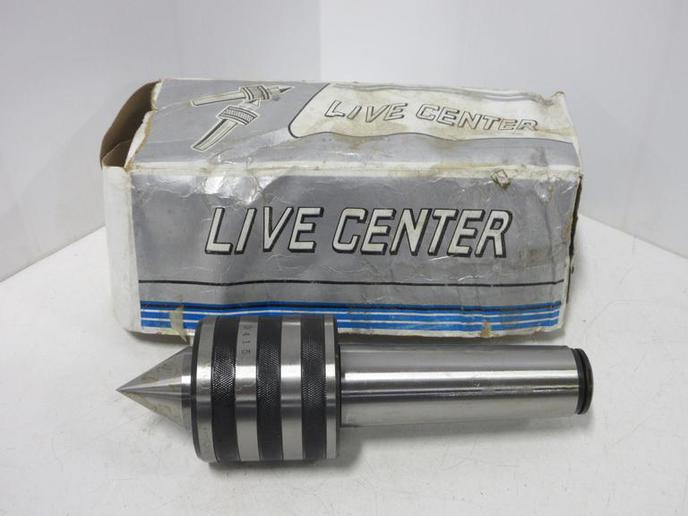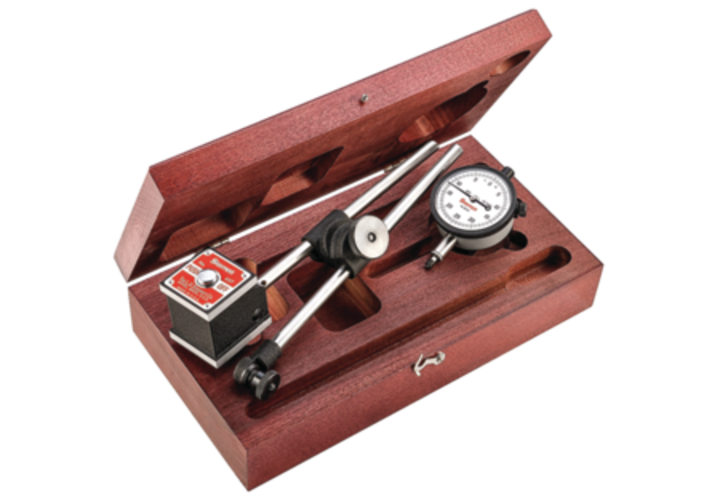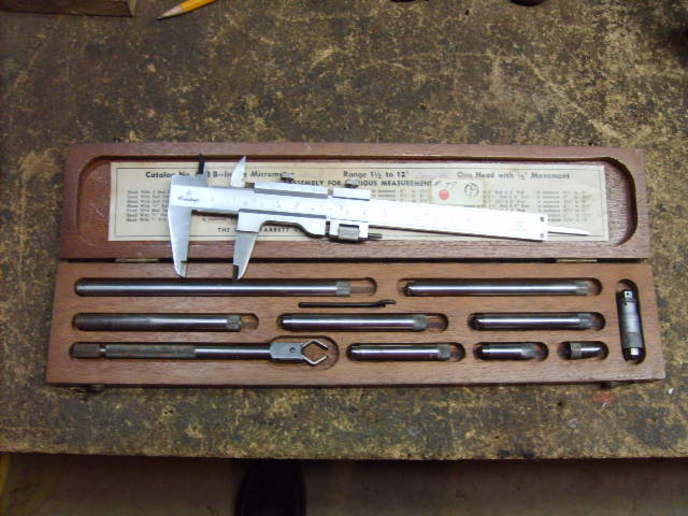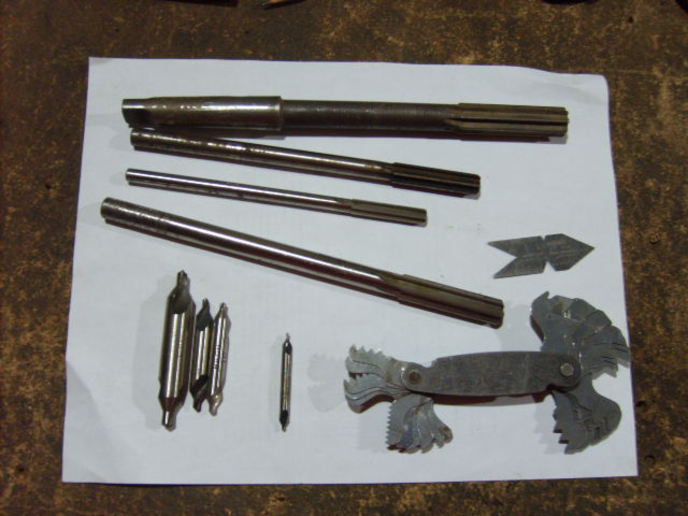Dave H (MI)
Well-known Member
...there are SOME tools that pretty much never come with the lathes. I've looked at a lot of them. Chucks and collets, yes, but some stuff no. Since it is a certainty that I am going to pick up a lathe eventually, wondered what kinds of tools and gauges might be indispensable that I could start collecting now? Here is an example of what I mean, but I know there are more...
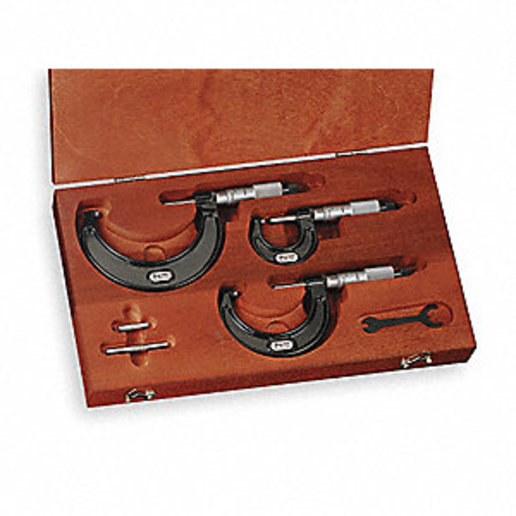
Appreciate suggestions. I like to shop on my breaks, as long as I am tied to this desk for another 5-6 weeks.
Dave the tool junkie.

Appreciate suggestions. I like to shop on my breaks, as long as I am tied to this desk for another 5-6 weeks.
Dave the tool junkie.


